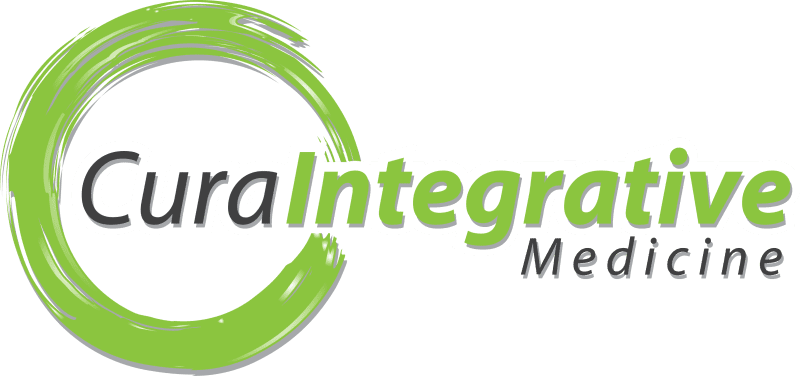Koji is a less known superfood found in a variety of macrobiotic foods. Containing Aspergillus oryzae, koji is used to make foods such as miso, amazaki and tamari. Read More…

Zinc – A Key Essential Trace Element
Posted 19 Jul '17
Did you know that Zinc is one of the essential nutrients that your body needs, and that whether you have enough Zinc in your body or not has a huge effect on your overall health? An adult’s body has about 2 to 3 grams of Zinc, mostly found in the cells. However, many people have a zinc deficiency which contributes to multiple deficits ranging from mood disorders to digestive disorders.
Causes of zinc deficiencies could be the result of poor diet (particularly one that is high in sugar), too much alcohol in your system, environmental, genetic and excessive sweating.
Zinc levels sometimes have be tested through a simple taste test called the zinc taste test, but this has been proven to be unreliable to accurately test for a deficiency. A more accurate measure can be performed with a blood test to assess serum levels or in a hair mineral test to assess an average over time.
Signs that your zinc levels may be low could be any of these symptoms:
- Colds, flus, and/or infections that keep coming back
- Sense of taste/or smell is reduced, decreasing the appetite
- Sugar cravings
- Slow digestion
- Slow growth and development
- Slow healing, and skin conditions
- Infertility
- Stress, anxiety, and depression
What does Zinc do, exactly?
Zinc protects the cells from damage caused by free radicals. Thus, providing an antioxidant defense, and supporting the immune system. Consequently, appetite and digestive functions are improved, and acne and wounds heal faster. It plays a crucial role in blood sugar control, as it improves blood sugar metabolism.
Zinc plays a crucial role in reproduction. It increases sperm’s motility and count, enhancing the chances of fertility. And once an egg is successfully fertilised, it is important that the mum has sufficient levels of zinc for the baby’s optimal growth and development inside the uterus.
Research has also shown zinc to be effective in reducing stress, and improving brain function.
What foods are high in zinc?
Oysters are known to be rich in zinc. And so are beef, pork, chicken, and lamb. For vegans, nuts, whole grains, legumes, ginger, and yeast would be a good source.





